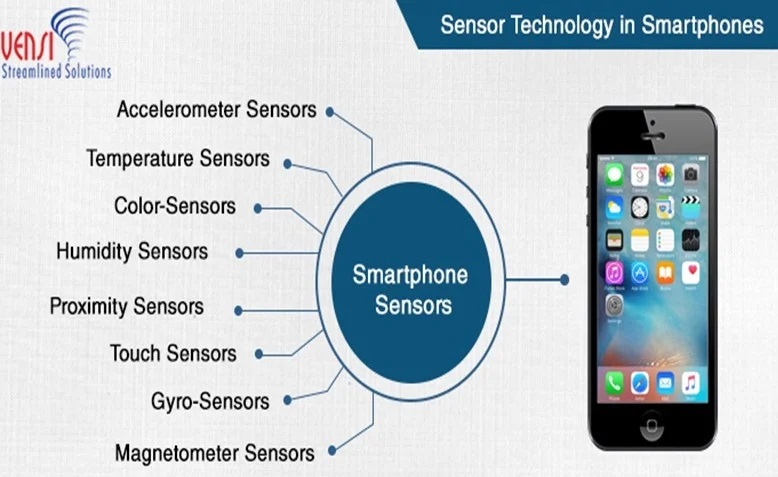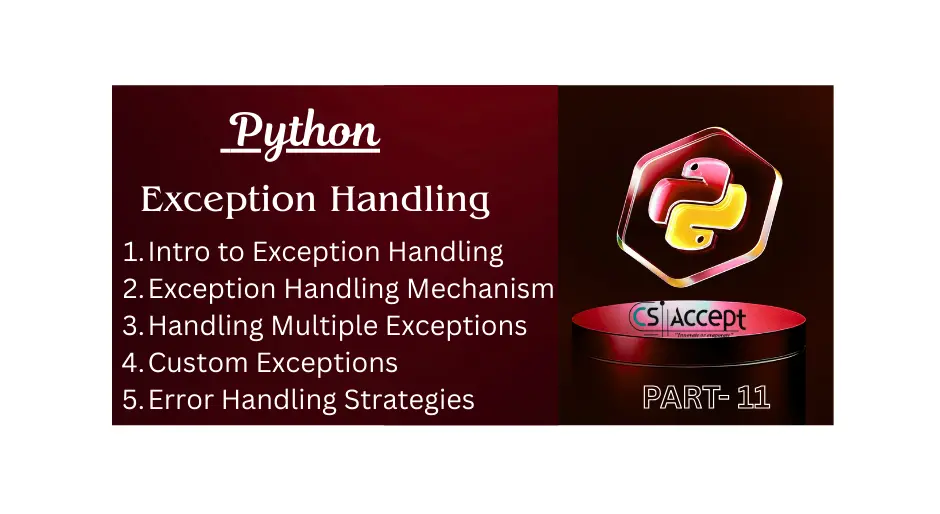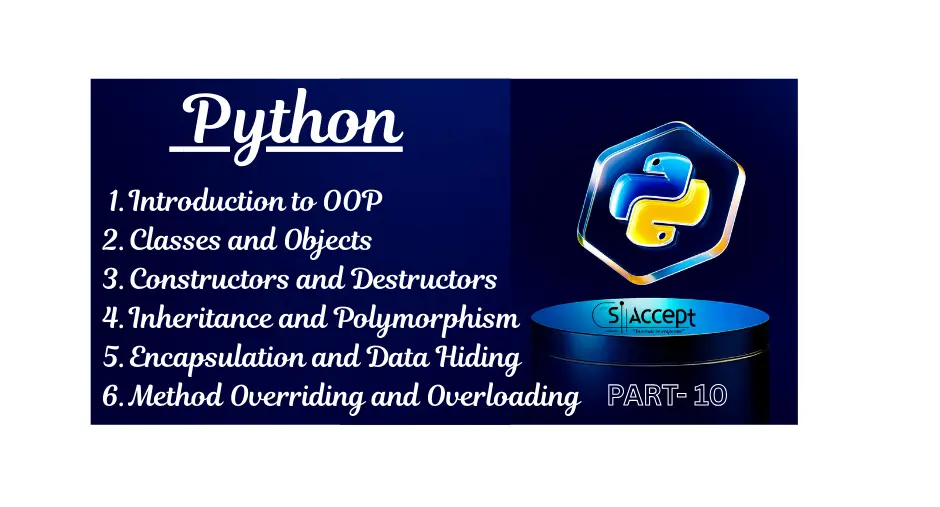
What is sensor technology?
A Sensor is a device that measures a physical quantity and convert into a signal which can be read by an observer or by an instrument.
Example :You can say that our skin, ear, eyes and nose are also a sensor because the can sensor touch, heat, cold, light, noise and smell.
FOR accuracy, most of sensor are calibrated against some known standards.

A sensor is a device that receives and responds to a signal . A SENSOR SENSITIVITY Indicate how much the sensor output changes when the measured quantity changes.
A Typical example is a mercury used in a glass thermometer that measure the temperature and convert it into the expansion of a liquid.

Uses Of Sensor Technology
Sensor are used in every day objects such as touch-sensitive elevator buttons and lamps which dim or brighten by touching the base.
There are innumerable application of this technology of which most of people are not aware.
Its application include Cars, Machines, Aerospace, Medicines, Manufacturing and ROBOTICS…And many more.
SENSOR’S NATURE
A good sensor obeys the following rules:
- It is sensitive to the measured property.
- It is insensitive to any other property.
- It does not influence the measured property.
- A bad sensor has following characteristics
- If the sensor is not ideal, several types of deviation can be observed.
- The sensitivity may differ from the value specified.
- This is called a sensitivity error, the sensor is still linear.
TYPES OF SENSOR
1. Optical sensor
2. Microwave sensor
3. Bio sensor
4. Non-biological sensor
Advantages of Sensor
- Minimum Interconnecting cables
- High Reliability
- High Performance
- Easy to Design, use and maintain
- Salable-Flexible System
- Small Rugged Packaging
DISADVANTAGES OF SENSOR
- The smart sensor consists of both actuators & sensor, so it is more complex than other simple sensor.
- Sensor calibration has to be managed by an external processor.
- Predefined embedded function have to be given during the design of the smart sensor.








